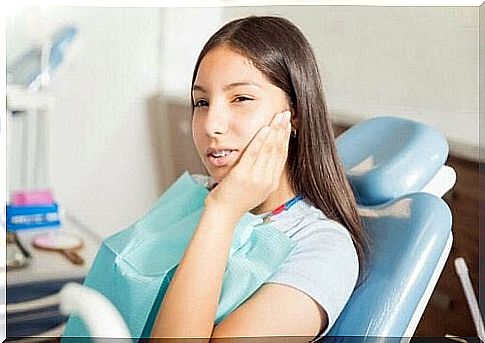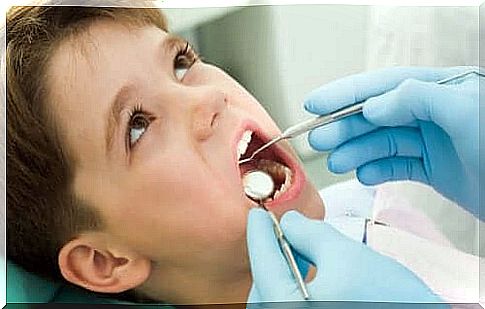What Is Bruxism In Adolescence? – Being Parents

Bruxism in adolescence is a fairly common disorder. It typically affects around 20-30% of children and adolescents, although it can appear at any age. What are the causes of bruxism? What can parents and specialists do to prevent the development of this disorder in the long term?
What is bruxism?
Bruxism is one of the most common dental health problems. Although it can occur at any stage of life , it is much more common during childhood and adolescence. The reasons for bruxism are not known for sure. However, what is known is the treatment allowing it to be eliminated or, failing that, to reduce it.
In the analysis of the concept, bruxism is a habit that develops unconsciously. It usually occurs during sleep, a period during which the person clenches their teeth very strongly. As a result, the person wakes up with severe pain in the facial muscles and sometimes even with an associated headache.
One of the worst consequences of bruxism is that the teeth start to move. In addition, in very severe cases, they can deteriorate or even end up falling off. It can also trigger other health problems, such as temporomandibular joint syndrome.
Symptoms of bruxism
There are certain symptoms to consider when determining whether or not a person has bruxism. For example, the most obvious sign is teeth grinding during sleep. Also, in the early morning, we often wake up with headaches, facial and even neck aches.
Bruxism can also be discovered by the dentist during a routine consultation. In this case, the specialist will observe significant wear of the teeth or a fracture of the enamel. This diagnosis is important in order to make corrections as quickly as possible.

Bruxism in adolescence: what to do?
Bruxism in adolescence should be watched closely. If no action is taken, it can become a condition that will continue even into adulthood. During the adolescent phase, the appearance of bruxism is quite common and often linked to stress.
In order for the specialist to determine the most suitable treatment, it is necessary to define the origin of the problem. In the first place, neurological diseases, as well as other associated pathologies, must be excluded.
Secondly, we must study the existence of other causes such as stress or the habits associated with the development of this disorder. Like for example, the fact of biting the nails among others or the consumption of chewing gum.
In addition to the treatment indicated by the specialist, the adolescent must eliminate or at least reduce all the habits that favor the appearance of bruxism.
As for the treatment as such, the specialist may prescribe certain muscle relaxants, as well as analgesics, for a period of time he deems appropriate. These drugs should always be used under strict medical supervision.
On the other hand, he may also recommend that the teenager implement some home remedies to improve the problem.
For example, applying heat to the cheeks to relax the muscles. The doctor may also prescribe treatment to prevent bites. Prescribing mouth guards (splints) at bedtime is also one of the most common measures.
Link between bruxism and stress in adolescence
As we have already seen, we still do not know for sure what causes bruxism. However, it is known that there is a close relationship between this disorder and anxiety, stress and sleep problems.
Studies indicate that nowadays cases of bruxism are increasing rapidly, especially in large cities. It can be associated with the high stress levels of modern life.

In addition, in the particular case of adolescents, there is a relationship between young people suffering from bruxism and bullying at school. Studies show that children aged 13 to 15 who experience verbal bullying are up to four times more likely to develop bruxism.
For all of these reasons, it is clear that it is important to determine the real causes of this disorder. In this sense, parents play a key role in knowing whether their children are suffering from any form of physical or verbal harassment.
Bruxism in adolescence is certainly much more common than you might think. The most important thing is to determine its origin and to take the necessary measures to eliminate this habit as quickly as possible.









